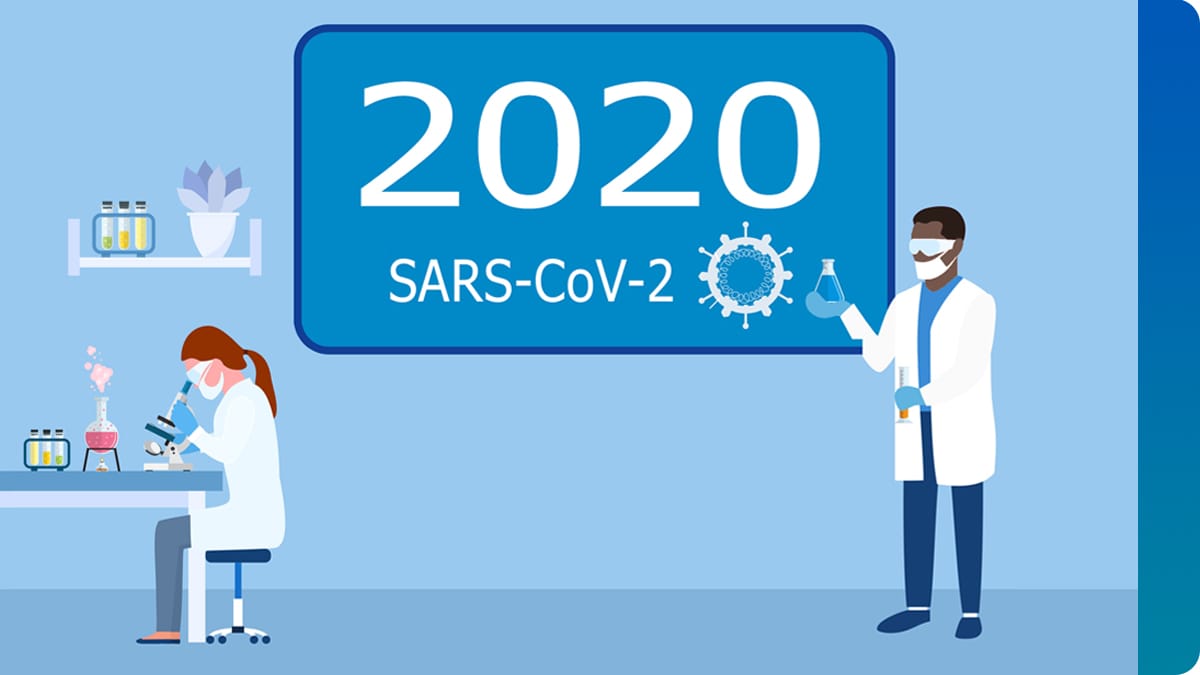What to know
The University of Georgia, University of Texas School of Public Health at Houston, and Houston Health Department developed a genome sequencing and molecular epidemiology pipeline for SARS-CoV-2 samples collected in Houston, Texas, the fourth largest city in the US. Awarded in 2020, the project developed computational approaches for integrating community-based surveillance and contact tracing with phylogenetic and epidemic network analysis to identify transmission clusters.

Findings on SARS-CoV-2 surveillance and investigations
This project:
- Created a graph database to integrate phylogenetic trees, associated metadata, and community surveillance data in order to identify potential transmission networks for SARS-CoV-2.1
- Developed a next-generation sequencing pipeline for co-circulating respiratory viruses, including 40 pathogens.2
- Constructed genome-informed social networks to study local spread of COVID-19, in which researchers determined that model-fitting implied both "super spreader" and "non-super spreader" mechanisms determine patterns of local scale transmission.3
- Examined the variations in epidemic patterns between urban centers and rural areas in Texas, finding urban centers to be the primary source for SARS-CoV-2 in rural areas.4
New and improved sequencing software tools
This project:
- Created Phylogeny and Metadata Network Database (MEND) to integrate phylogenetic trees, associated metadata, and community surveillance data in order to identify potential transmission networks for SARS-CoV-2.1
- Developed Tip-Trait Association Test (TATT) to identify sequences that share common features such as geographic location.
- Developed a novel phylogeographic approach that analyzes transmission patterns at low computational cost.4
- Phylogeny and Metadata Network Database for Epidemiologic Surveillance, bioRxiv, 2022.
- High-Throughput Next-Generation Sequencing Respiratory Viral Panel: A Diagnostic and Epidemiologic Tool for SARS-CoV-2 and Other Viruses, Viruses. 2021
- Beyond scale-free networks: integrating multilayer social networks with molecular clusters in the local spread of COVID-19. Sci Rep 13, 21861 (2023).
- Phylogeographic Inference of SARS-CoV-2 Delta Wave in Texas, USA using a Novel Spatial Transmission Count Statistic. medRxiv. 2023
